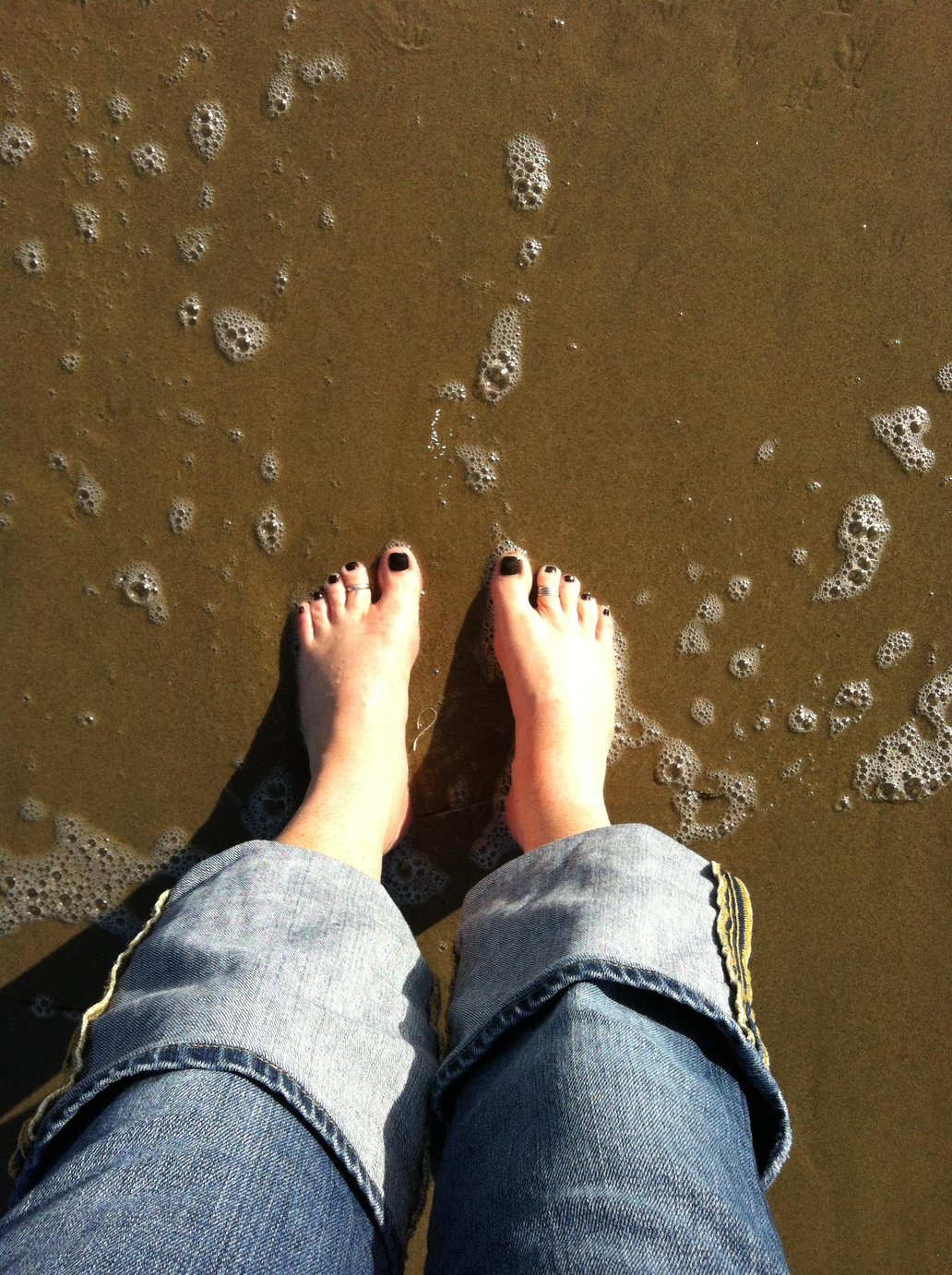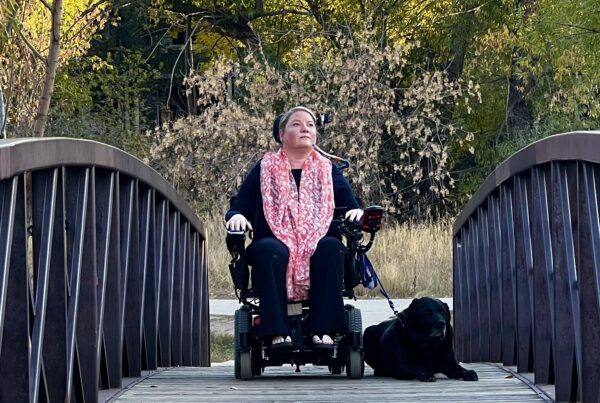The irony of this comfortability in water is that my life-altering spinal cord injury happened in the water, where I have always been so comfortable. One instant, I am jumping into a pool late at night, and the next instant, I am face down, floating in the water, paralyzed from the neck down, wondering whether I would die in my most comfortable place. I was drunk; the pool was unfamiliar, dark and unlit. I dove headfirst, hitting the bottom of the shallow end, instantly breaking my neck. From that moment on, I became a woman living with quadriplegia for the rest of my life. There was no turning back.
Swimming can be a wonderful activity in any season, specifically in the summer months. But it can also be a dangerous sport if you are not paying attention. Accidents can happen, just like mine. But following a few simple summer safety guidelines can reduce the incidence of such accidents and provide for an enjoyable and, most importantly, safe swimming situation in the upcoming summer months. Following some of these simple guidelines could save your life.
1. Know your surroundings during swim, especially if swimming in an unknown place. Evaluate the depth of pools, lakes, and ponds, always avoiding shallow water.
2. Never dive into a body of water headfirst. Instead, enter water feet first to avoid head-on collision accidents.
3. If swimming in a pool at night, make sure the pool is lit, marked and visible between the shallow and deep end.
4. Refrain from swimming during an intoxicated state.
5. Never swim alone.
Roz Savage, an English ocean rower, holds the Guinness Book of world records for being the first female to row by herself across three major oceans, including the Atlantic, Pacific, and Indian Oceans. She understands more than anyone the power of water. She once said, “Some people love the ocean. Some people fear it. I love it, hate it, fear it, respect it, cherish it, loathe it, and frequently curse it.” I couldn’t agree with her more on such mixed emotions about something that you hold so precious in your life, yet it is supremely important to remind ourselves that being present, aware, and respectful of our water environments will keep us safe and happy doing the things we love the most.
For me, I still love and cherish the water. I have even become an adaptive scuba diver dropping into deep ocean waters to continue doing the things I love most. Yet I respect and understand its powers now more than ever.












